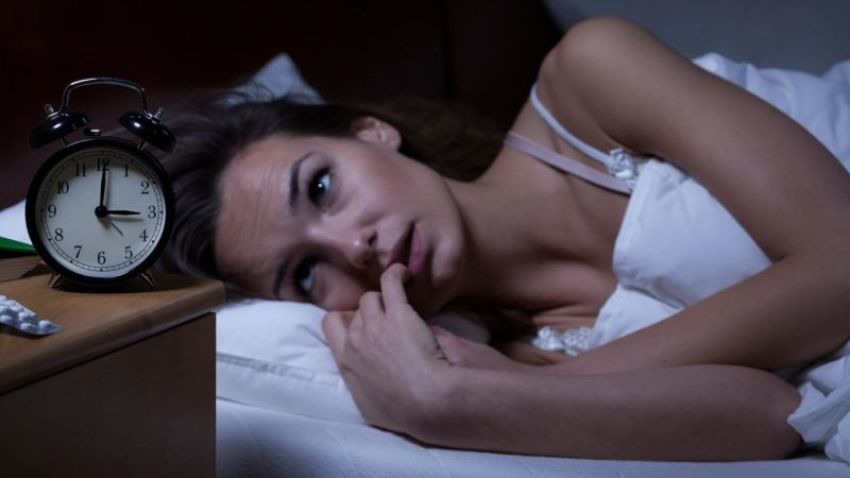Not Getting Enough Sleep Increases Your Chances of Falling Sick
Getting 7 to 8 hours of sleep each night, while important, is touted as a near impossible thing to do by most people. With countless sites to browse, TV shows to watch and things to do, people can't afford to "waste time" sleeping. But a new study, which shows that not getting enough sleep on a regular basis suppresses a person's immune system thereby increasing chances of contracting an illness, may just change their minds.

To ascertain a relation between chronic sleep deprivation and its effects on a person's health, a team of researchers conducted a study on 11 pairs of identical twins. Identical twins were used in the research in order to control for largest factor determining humans' sleep duration -- Genetics account for 31 to 55 percent of sleep duration while behavior and environment account for the remaining.
In the study published January 25 in the journal Sleep, the researchers found that the twins with shorter sleep durations than his or her sibling had a depressed immune system which increased the risk for adverse metabolic, cardiovascular, and inflammatory outcomes.
"What we show is that the immune system functions best when it gets enough sleep. Seven or more hours of sleep is recommended for optimal health," said lead author Dr. Nathaniel Watson, co-director of the University of Washington (UW) Medicine Sleep Center at Harborview Medical Center.
The effect of reduced sleep on the body's immune system has only been measured for limited durations in laboratory settings before this study, according to the study's senior author Dr. Sina Gharib, director of UW Medicine's Computational Medicine Core at the Center for Lung Biology. However, with this new research the scientists were able to observe the adverse health effects of chronic sleep deprivation in "real world" conditions, reports the university's NewsBeat publication.
"The results are consistent with studies that show when sleep deprived people are given a vaccine, there is a lower antibody response and if you expose sleep deprived people to a rhinovirus they are more likely to get the virus," Dr. Watson said. "This study provides further evidence of sleep to overall health and well-being particularly to immune health."
Adults who do not regularly get 7 hours or more of sleep everyday face an increased risk of developing chronic conditions such as obesity, diabetes, high blood pressure, heart disease, stroke, and frequent mental distress. In a report released last year, the Centers for Disease Control (CDC) found that more than a third of Americans are not getting enough sleep on a regular basis.
"As a nation we are not getting enough sleep," said Wayne Giles, M.D., director of CDC's Division of Population Health. "Lifestyle changes such as going to bed at the same time each night; rising at the same time each morning; and turning off or removing televisions, computers, mobile devices from the bedroom, can help people get the healthy sleep they need."



























